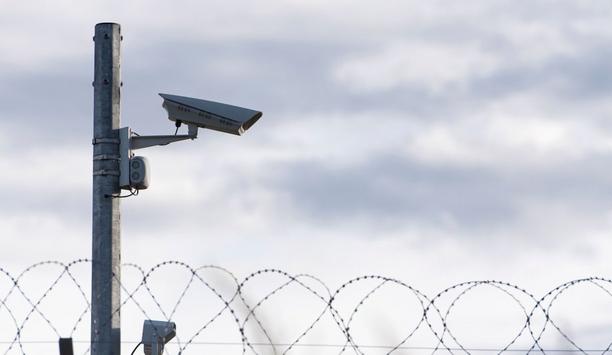 |
| Post earthquake nuclear havoc has alarmed energy infrastructure security considerations in Asian region |
Japan's nuclear disaster and instabilities in the Middle East are forcing countries to reconsider their energy infrastructure security options, according to Nazrey Khalid, Senior Research Fellow for the Maritime Institute of Malaysia. Japan's nuclear disaster and the Middle East instabilities are bringing about a dynamic change in the global energy marketplace, forcing countries to reconsider their energy infrastructure security options.
According to Nazery Khalid, Senior Research Fellow for the Maritime Institute of Malaysia, "All eyes will be on how the energy players and markets act and react to these developments and plan ahead to mitigate the risks," adding "Mitigating the threats posed by nature and geo-political and geo-strategic developments will shape energy infrastructure security in Asia in the years ahead."
"Asia is a vibrant region for energy exploration and production, and is a key producing region on which the world..." |
He made this comment in a recent discussion with Energy IQ, where he pinpointed the top eleven human and natural threats to the energy infrastructure in the region. They include physical attacks on energy infrastructure, cyber attacks on systems, acts of sabotage, theft and human error. He added that 2011 has also brought natural threats into the spotlight, including tsunamis, earthquakes, flooding scenarios, fire, and extreme weather conditions like typhoons.
The nature of these threats are forcing a rethink energy infrastructure security according to Nazrey, who added, "Security goes beyond ‘guards, guns and gates'; it also encompasses cyber-security, asset integrity, supply chain security, disaster recovery, search and rescue and many other aspects."
Nazrey Khalid, and representatives from Emirates National Oil Company (ENOC), Chevron, BP will be speaking at the Energy Infrastructure Security Asia 2011 conference, meeting in Kuala Lumpur on 27-28 July 2011. Commenting on the need for global convergence and discussion on the topic he said, "Asia is a vibrant region for energy exploration and production, and is a key producing region on which the world depends heavily for supplies. Hence, securing energy infrastructure in Asia is a matter of immense global importance."


















